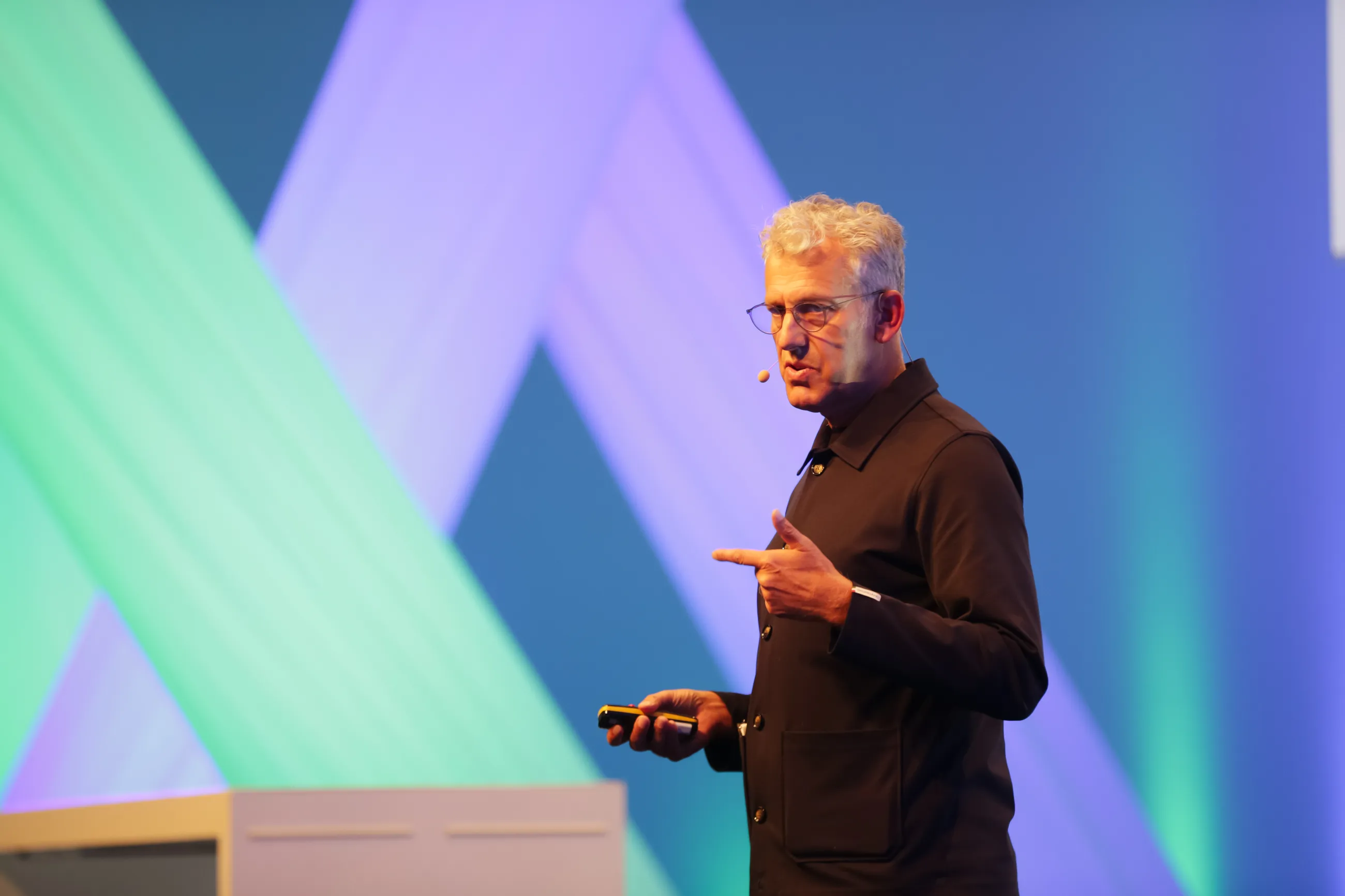
Strategies towards net-zero sports and leisure facilities, 28 October

Sport and leisure buildings use a disproportionate amount of energy compared to other building typologies. Municipalities will often find these buildings at the top with regard to assets requiring a targeted approach to carbon reduction in order to meet their net zero carbon obligations. As the cost of energy continues to increase, reducing energy (and carbon) is also a critical factor in the financial sustainability of operating these facilities.
Join us on 28 October 2025 for the opening session of the 29th IAKS Congress where international experts will discuss ‘Strategies towards net-zero sports and leisure facilities’ (11.30 am – 1.00 pm).
Right after the welcome and overall introduction to the 29th Congress presented by IAKS President Dr Stefan Kannewischer from Switzerland, Dr Anne Pfeil of Davos Baukultur Alliance will introduce ‘Advancing high quality Baukultur from principles to practices’.
The Davos Baukultur Alliance is a global, cross-sector community dedicated to improving living environments by providing practical knowledge, frameworks and tools to promote good practice. It is based on the holistic concept of "High-quality Baukultur" and the eight principles of the Davos Baukultur Quality System, which serve as a tool to positively enhance the quality in planning and practice.

(c) Christopher Frederick Jones

Government regulations aimed at reducing carbon emissions are leading to improved energy outcomes compared to older leisure facilities. However, despite higher specifications for building envelopes and energy systems for new-build projects, analysis of the in-use energy performance of new swimming pools still indicates significant variations in energy performance outcomes equating to 100,000's euros per year in additional running costs.
While targeting standards like BREEAM, LEED, and Passivhaus can be useful, implementing a soft landings process is essential to achieve optimal energy performance in practice and bridge the gap between a compliance led approach and a truly low energy facility.
Mike Hall (Partner, FaulknerBrowns) and Mark Palmer (Director and Partner, Max Fordham), both from the United Kingdom, will explain this methodology and how this delivered significant benefits at Portsmouth Ravelin.
